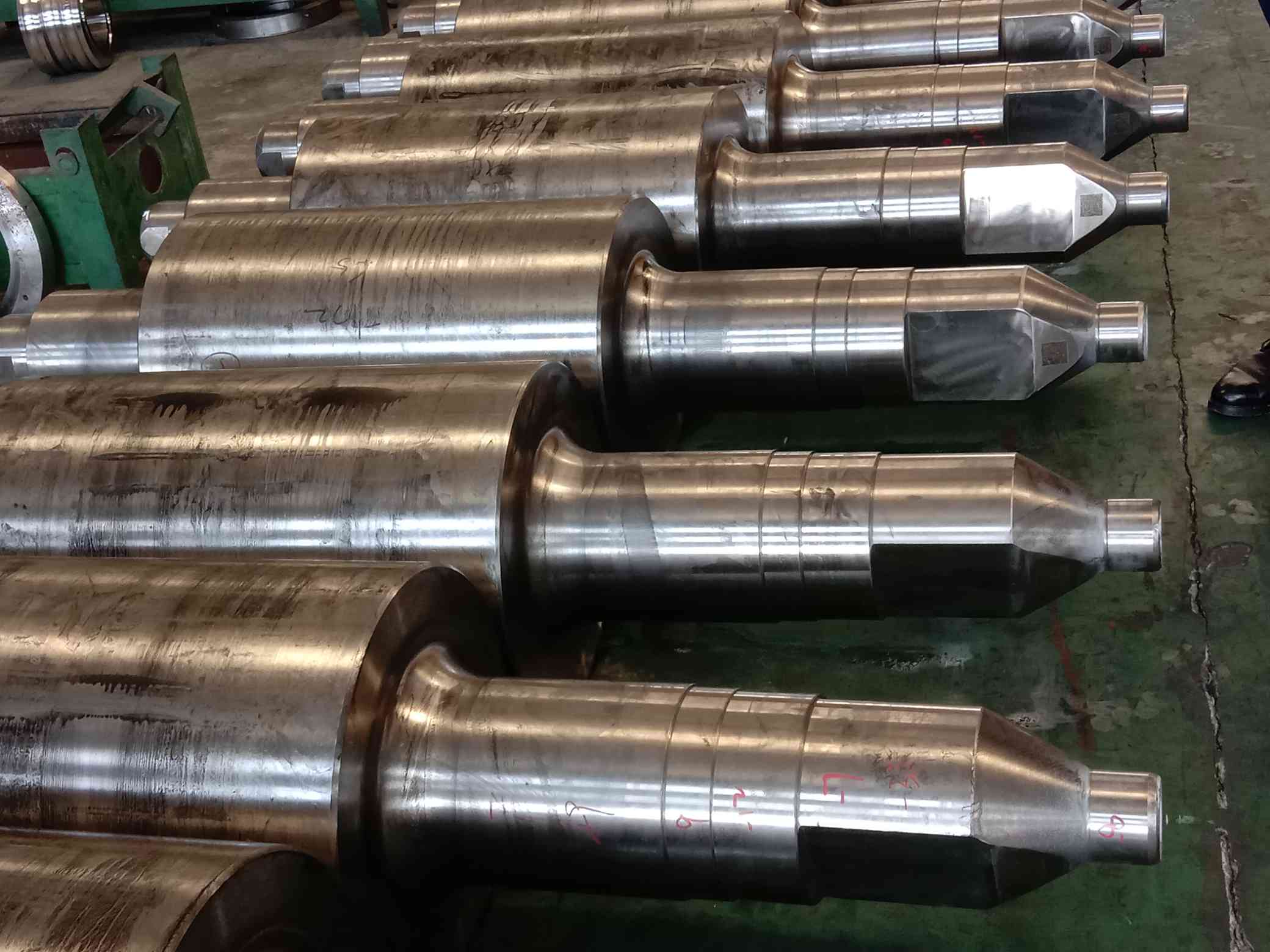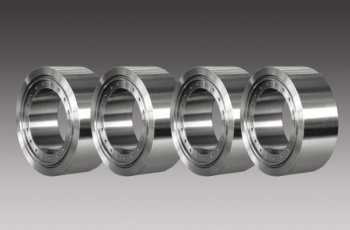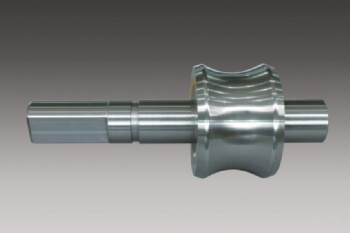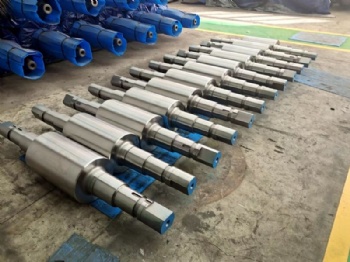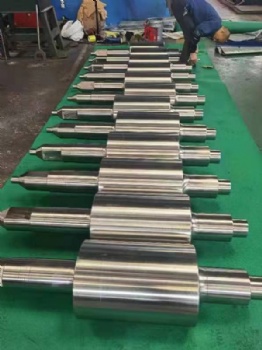High Speed Steel Roll
Contact Us
- +86-18006453991
- +86-18006453991
- +86-18006453991
- [email protected]
- +86-18006453991
◆ Main chemical composition
| Ingredient | C | Si | Mn | Cr | Ni |
| Percent(%) | 1.5-2.2 | 0.3-1.0 | 0.4-1.2 | 3.0-8.0 | 0.0-1.5 |
| Ingredient | Mo | V | W | P | S |
| Percent(%) | 2.0-8.0 | 2.0-9.0 | 0.0-8.0 | ≤0.03 | ≤0.03 |
◆ Advanced manufacturing technology and implementation standards
Product design → roll design → roll manufacturing → roll acceptance → Annealing → rough turning → ultrasonic inspection → high temperature quenching
→ low temperature tempering → Ultrasonic inspection → Finishing → Ultrasonic inspection → roll grinding → roll number → Inspection → cleaning → Packaging
→ Shipping → storage → inspection → Maintenance → Field communication → Improved design.
It can be seen from the flow chart that roll manufacturing forms a closed-loop system from product design, manufacturing, use and maintenance,
and improvement design, and roll quality is constantly improving.
Roll manufacturing and testing standards: First of all, production and manufacturing must be organized according to the product pattern and technical
requirements agreed by both the supply and demand parties. The main standards are:
GB/T 13313-2008 roll hardness test method for Shaw and Richter
GB/T 1503-2008 Cast steel roll
spection rules:
a. Each part of the size and surface quality inspection;
b. Carry out three ultrasonic inspections one by one;
c. Hardness test piece by piece;
d. The depth of the hardened layer of the roll body is affected by the manufacturing process.
